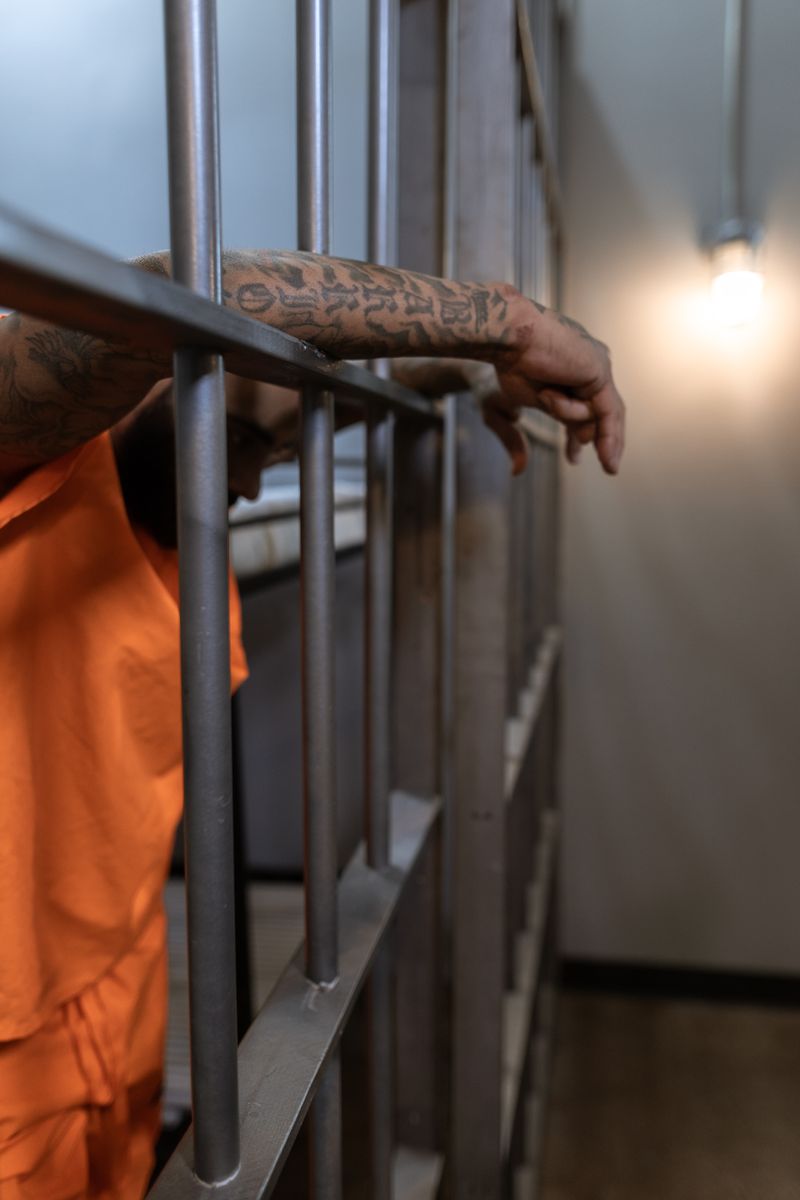Table of Contents
Bhutan: Urgent Action Needed to Address Dire Conditions for Political Prisoners
Introduction
In a troubling development, a recently released political prisoner from Bhutan has shed light on the severe conditions faced by those unjustly detained in the country for political offenses. Human Rights Watch has reported that at least 36 individuals, including one woman, are currently imprisoned in Bhutan after unfair trials and coerced confessions obtained under torture. These prisoners, belonging to the marginalized Nepali-speaking community, have been denied contact with their families and subjected to inadequate medical care and food shortages. It is imperative for concerned governments to press for the immediate release of these political prisoners, whose human rights have been violated.
A Disturbing Reality
The case of Madhukar Monger, who served 29 years in prison after confessing to distributing political literature, serves as a stark example of the dire conditions faced by political prisoners in Bhutan. Monger, who was released in August 2023, reported that the remaining prisoners endure a scarcity of food and lack access to proper medical care. The authorities have cut their monthly rations of rice, wheat flour, and lentils, leaving them with insufficient sustenance. Additionally, prisoners are forced to sell a portion of their allowances to purchase medicine and clothing, as these basic necessities are not provided by the authorities.
A Call for Compassion and Justice
It is essential for the Bhutanese government, led by King Jigme Khesar Namgyel Wangchuck, to display compassion and exercise his authority to grant amnesty to these unjustly detained prisoners and release them. Bhutan has presented itself to the world as a country that values “gross national happiness,” but the treatment of political prisoners paints a conflicting picture. By addressing this issue and releasing the prisoners, the Bhutanese government can demonstrate its commitment to human rights and justice.
Marginalized Community and Unfair Trials
Most of the political prisoners in Bhutan belong to the country’s marginalized Nepali-speaking community and were convicted of prohibited political activity between 1990 and 2008. Bhutanese law defines a “political prisoner” as someone convicted of offenses against the king, country, and people. However, the trials of these prisoners were deemed unfair, with coerced confessions and lack of legal representation. Many of them are serving life sentences without parole, a flagrant violation of international standards.
The Urgent Need for International Action
Foreign governments and the international community must take prompt action to address the plight of these political prisoners in Bhutan. By raising concerns about their cases and advocating for their release, governments can apply diplomatic pressure to ensure the protection of their human rights. Bhutanese authorities have previously denied the existence of these prisoners when confronted by foreign diplomats, highlighting the need for continued engagement on this issue.
A Desperate Situation
The conditions for political prisoners in Bhutan have deteriorated significantly in recent years. Monger revealed that the authorities have not provided new bedding or clothing to the prisoners since before the Covid-19 pandemic. This neglect, coupled with the denial of family visits, phone calls, and letters, creates an atmosphere of isolation and despair within the prison system. The prisoners endure the harsh climate of the Chemgang prison, located near the capital, Thimpu, with little regard for their well-being.
The King’s Authority and Amnesty
Under Bhutanese law, a person serving a life sentence can only be released if granted an amnesty by the king. However, the United Nations Working Group on Arbitrary Detention has noted that these detainees have no prospect of release, except for the possibility of amnesty. King Jigme Singye Wangchuck, the current king’s father, had granted amnesty to 40 political prisoners, including some serving life sentences, in 1999. It is crucial for King Jigme Khesar Namgyel Wangchuck to follow in his father’s footsteps and grant amnesty to the remaining political prisoners in Bhutan.
The Role of Civil Society and the International Community
Efforts to modernize Bhutan‘s legal system have been made since the introduction of a new constitution in 2008. However, the Bhutanese government continues to treat human rights issues as “highly sensitive” and avoids public discussion of political prisoners. It is vital for civil society activists within Bhutan and the international community to advocate for the release of these prisoners and engage in dialogue to hold the government accountable for its actions.
The Way Forward
In conclusion, urgent action is needed to address the dire conditions faced by political prisoners in Bhutan. Foreign governments should pressure the Bhutanese authorities for the immediate release of these individuals, who have been denied their basic human rights. The Bhutanese government, led by King Jigme Khesar Namgyel Wangchuck, must exercise compassion and grant amnesty to these unjustly detained prisoners. By doing so, Bhutan can demonstrate its commitment to human rights, justice, and its espoused values of “gross national happiness.”

<< photo by RDNE Stock project >>
The image is for illustrative purposes only and does not depict the actual situation.
You might want to read !
- Solution or Stagnation: The Uncertainty Surrounding Lebanon’s New School Year
- International Community’s Imperative: Combating Impunity for Iran’s Brutal Crackdown – One Year On
- From Advocacy to Action: Uniting for Social Security Rights
- Lebanon’s Dark Reality: Inside the Harrowing Prison Conditions
- Cuba’s Continuing Injustice: Demanding the Release of Wrongfully Convicted Prisoners of Conscience
- Angola’s Detention of Activist Sparks Outrage and Demands for Protest Rights
- Saudi Arabia’s Controversial Investment Fund: A Deep Dive into its Links to Human Rights Abuses
- Setting the Truth Free: Exposing the Reality of Chechnya’s Anti-Gay Purge
- Assault on Journalist and Rights Lawyer in Chechnya: Examining the Dark Realities of Press Freedom and Human Rights